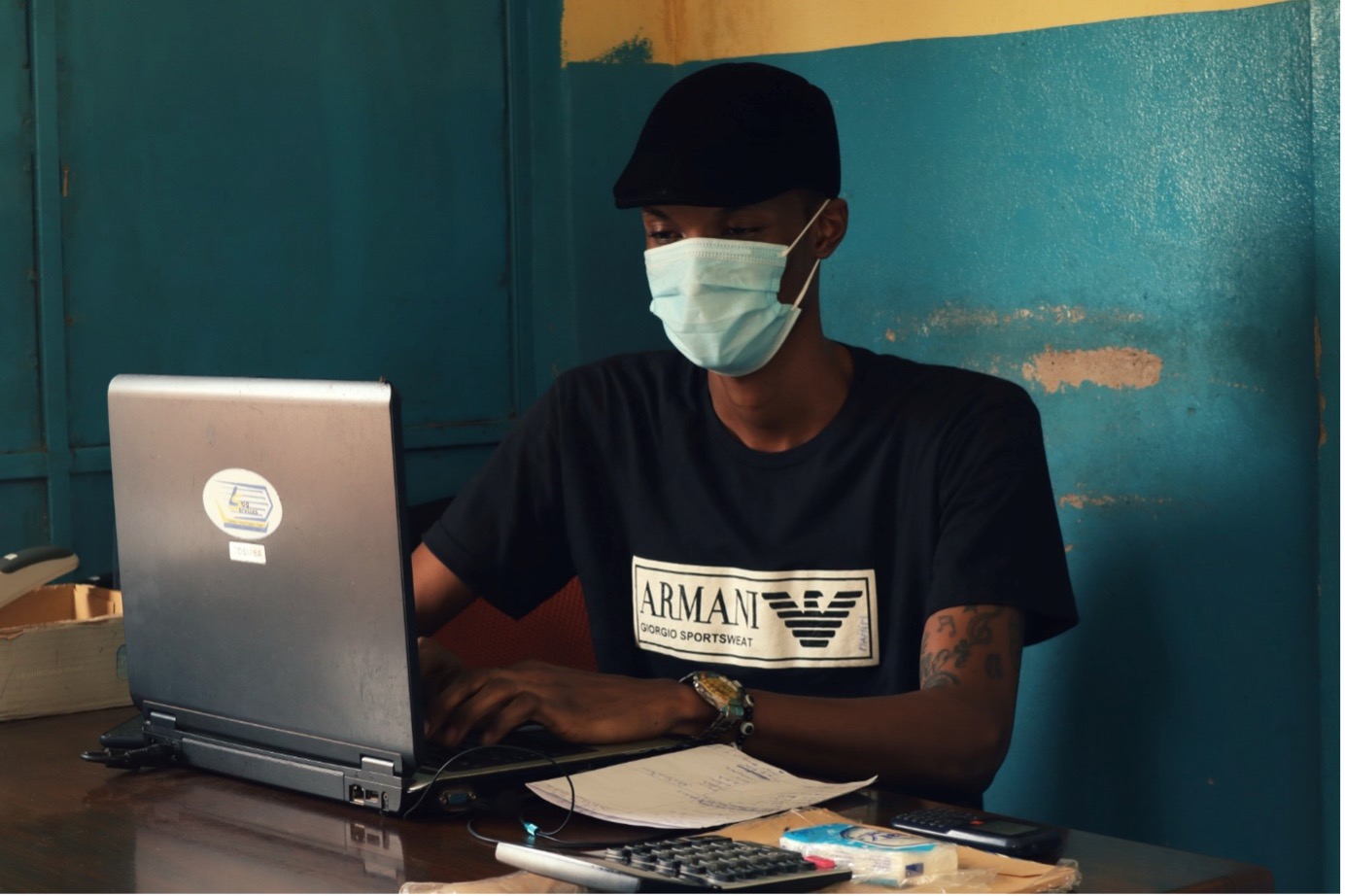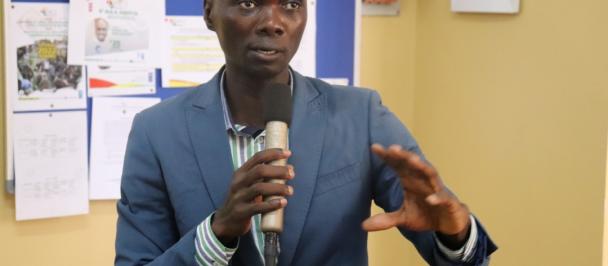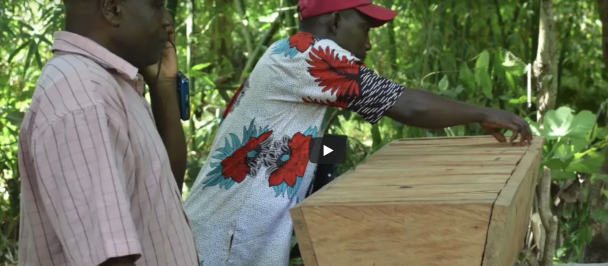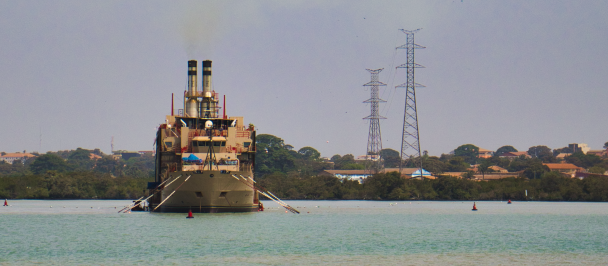Photo: UNDP, 2022
UNDP Guinea-Bissau has recently published “Building forward better for businesses in Guinea-Bissau”, a comprehensive report on enterprises of all sizes in the country which provides a detailed overview of the state of formal enterprises in Guinea-Bissau before and during the COVID-19 pandemic crisis. Carried out by economists Dr. Brais Álvarez Pereira and Sebastian Schäber, the study has seen the light in November 2021 and presents an exhaustive analysis of the long-standing bottlenecks faced specifically by MSMEs and the impact of the crisis on the private sector. It also assesses and provides recommendations on reframing some of the key aspects of ongoing UNDP interventions.
401 operating firms from a recently created national database participated in a series of interviews conducted between October and December 2020. 109 of those companies were micro-enterprises and Mamin Leila Baldé manages one of them. She is one of the 8% of women respondents of the sample and contrary to most of the interviewed managers, who on average were 45 years old and had been working at their current firm for the last six years, she is only 34 and started her own business three years ago. She used to work for a major logistics and shipping company and now her firm is operating in the same field. She is truly determined to “significantly minimise this difficulty that the people of Guinea-Bissau have in sending their cargo and parcels from one point to another within the country”.
Photo: UNDP, 2022
Informality and traditional ways to transport goods are a small obstacle to the development of Mamin's company, but the state of the roads in a business that is dedicated to inter-regional transport is a huge one. Roads are the only channel for overland transport in the country, so “infrastructure and transport logistics is a problem we particularly face, along with the tax burden we have to bear”, she says, and 71% of the interviewed managers agree with her. The quality of roads is considered the second main public bottleneck they need to deal with after the political instability, and too high taxes is mentioned by half of the managers as a strong obstacle to their business development. Regulatory frame and access to microfinance are also big challenges faced by most private sector firms.
When asked why she decided to formalize her business, Mamin is very clear: “no formalizing it was not an option”. Among the reasons she gives to support her decision, she refers to the opportunities to access investments and finance. Smaller firms as hers are less likely to request a loan and in fact only 43.1% of managers of microenterprises have applied for one, compared to 81.3% of managers of large companies who have done so. The increased visibility, the possibility of signing contracts and the access to the legal system are other of the most cited advantages derived from formalization that the managers mentioned in the survey.
The study also reveals that a relatively larger proportion of micro and small enterprises do not have a single primary customer and it provides interesting information on gender inequalities in the workplace: 26.8% of all firms hire only men, while only 1.9% hire only women. The share of female paid employees across the workforce is only 24% and the proportion is substantially higher in microenterprises, which normally pay lower wages.
70.5% of managers stated their firm had closed completely for at least one day during the pandemic crisis and the average duration of the COVID-19 induced closures among the interviewed companies was 143 days, which adds up to an average closure to almost five months. But regarding the post-pandemic situation, Mamin is optimistic. Even though she was forced to close her company for those five months and despite the revenue penalty that this closure entailed, her hopes are pinned on a 2022 that promises to rebound. They already have several orders and are confident that turnover will start to rise again to pre-pandemic levels.
Working to improve the policy and market constraints identified in the study is an essential step towards unlocking the potential of Guinea-Bissau's private sector and getting on the path to sustainable economic growth. A better business climate would improve the conditions for domestic companies and investors to expand their activities and for young entrepreneurs like Mamin to have opportunities to step forward, thus contributing to that path of sustainable and inclusive growth in the country.
You can read the full report here: https://bit.ly/3KMo7h6

 Locations
Locations




